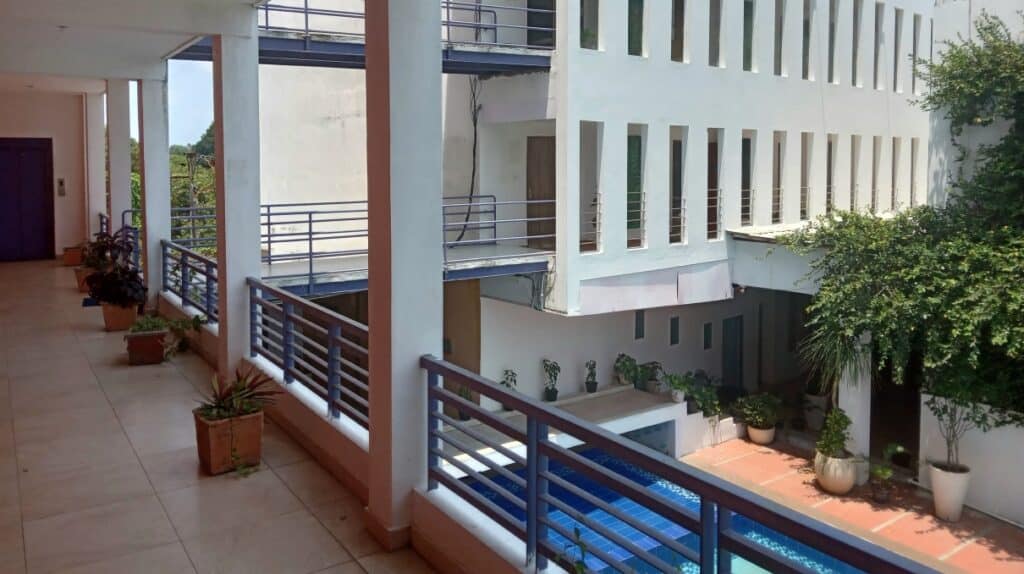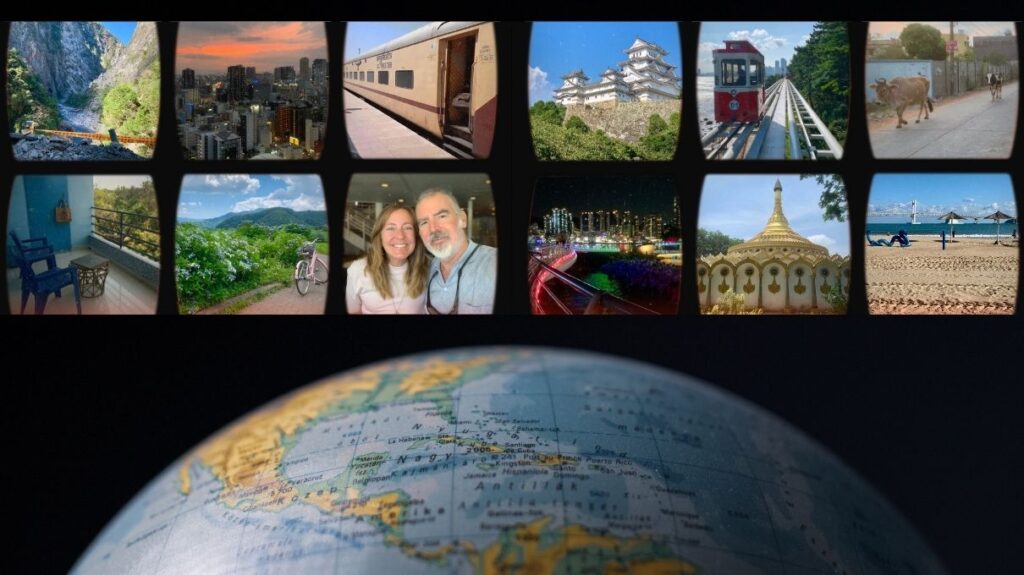Our expenditures in 2024 confirm affordable budget slow travel is attainable despite inflation everywhere. We believe it will still be possible to enjoy this incredible lifestyle for under $2,500 a month in 2025 for a couple.
Budgets are relative. Ours is $2,000 to $2,500 in developing countries, and $3,000 in developed nations.
Whether you’re an old pro at this lifestyle or a newbie, I believe if you adapt to four obvious universal truths about budget slow travel, you can better manage your spending.
Budget slow travel for under $2,500 a month in 2025
The underlying theme of every choice we make: get the best value for the money.
Let’s dig in.
4 obvious universal truths of budget slow travel
1. Month-long stays (or longer) cut down expenses.
2. Airfare gobbles up your budget.
3. Developed countries cost more.
4. Inflation is everywhere.
These points are probably obvious to you if you are an experienced slow traveler. On a closer look, our real world examples from 2024 proves them to be true.
1. Month-long stays (or longer) cut down expenses
For us, the month-long Airbnb discounts were a huge savings again in 2024. (More on that later.)
Here is a clear example from our experience:
- 56 nights in Korea, two month-long stays in two cities: $4,621
- 54 nights in Japan, several-day stays in several cities: $7,046
Of course, prices vary in different countries. But prices were definitely similar in Japan and Korea. In fact, South Korea was almost as expensive as Japan, which surprised us a little.
Bottom line, it cost $2,425 more to ‘fast travel’ in Japan.
2. Airfare gobbles up your budget
The costs to fly into Japan jacked up our total.
My airfare from the USA to Japan was $762. Theo’s airfare from the Philippines was $156.
Compare that to ferry tickets from Fukuoka, Japan, to Busan, South Korea — only $71.
If you subtract $918 in airfare from the Japan ‘fast travel’ total, and compare it to the Korea total, you’ll see fast travel cost $1,507 more than the slow travel time period.
And if you were to fly out of Japan to your next destination, airfare would cost even more.
3. Developed countries cost more
East Asia costs more than Southeast Asia. Korea is a G20 nation, Japan a G7. India, Thailand, Philippines, etc. simply cost less.
Our budget goal for developed nations is $3,000 a month. We came in under our goal with careful planning and value shopping.
Our goal for developing nations varies from $2,000 to $2,500. The Philippines and India are less expensive than Malaysia, for example.
By mixing our year with visits to developing and developed nations, we balance things out.
4. Inflation is everywhere
Prices are up in every country – not just in the U.S. There’s just no avoiding it. But: frugal choices can save the bank.
This takes us to my next list.
4 ways to manage inflation
1. Shop for sale and clearance grocery items – just like you would at home before (early) retirement.
2. Walk and use public transit instead car rentals and taxis.
3. Hunt for housing deals.
4. Buy used clothing as needed.
Numbers one and two are self explanatory. When you spend a month someplace, you have time to find the best deals. You know when supermarkets reduce items, and you know where to find them.
Same thing with number four. We went thrift shopping in Korea in October for warmer clothing we don’t normally pack for our never ending search for temperate climates. We spent a dollar each for a warm skirt, sweatshirt and pants. Then we donated them when we left in several weeks.
Number three – housing – is always our biggest expense. That takes us to my last list.
5 proven methods to stretch your housing budget
1. Zoom into the Airbnb map to see additional units not visible at first glace.
2. Book early to secure an entire month and snag month-long stay discounts many owners offer.
3. Negotiate with the owner for a better monthly discount.
4. Balance your housing budget with rentals from developing and developed nations.
5. Consider new listings. New hosts want to build good reviews and offer lower prices as an incentive.
Bottom line
Budget slow travel is still possible with smaller budgets. Some traveling retirees have 5k and up to spend every month. That’s not us. And maybe it’s not you.
So, another year, another gazillion travel stories that stack up on top of all the other years vagabonding around Earth so far. I’m 9.5 years into this adventure. Theo recently hit nine years. We are grateful we can do this.
We hope to see you out here in 2025!
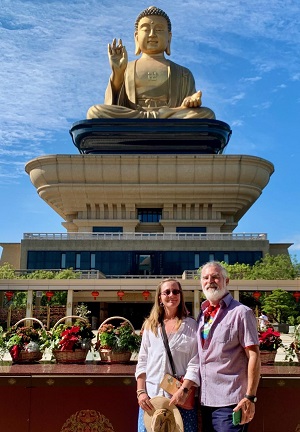
Thanks for reading, “Budget slow travel in 2025 for under $2,500 a month.”
Budget breakdown examples:
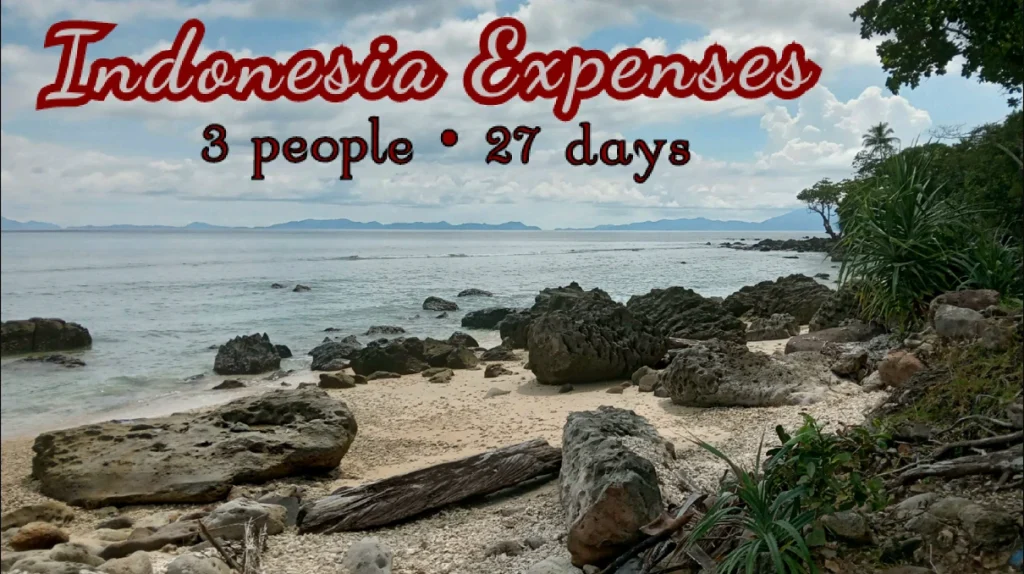
Indonesia expenses: Sumatra spending summary
Theo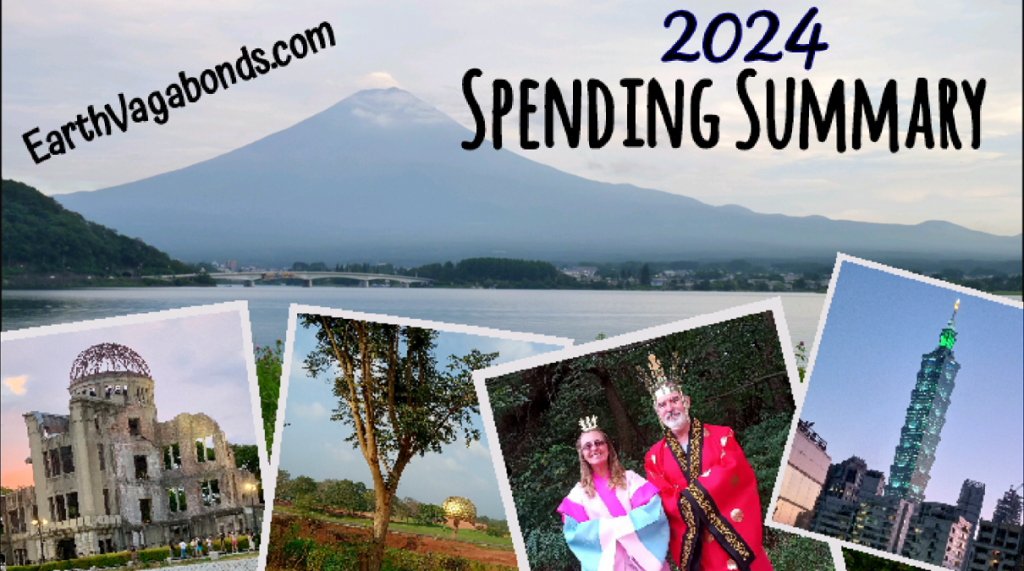
2024 Total expenses for budget slow travel around the world
Theo
What it cost to live in Seoul 1 month as budget slow travelers
Theo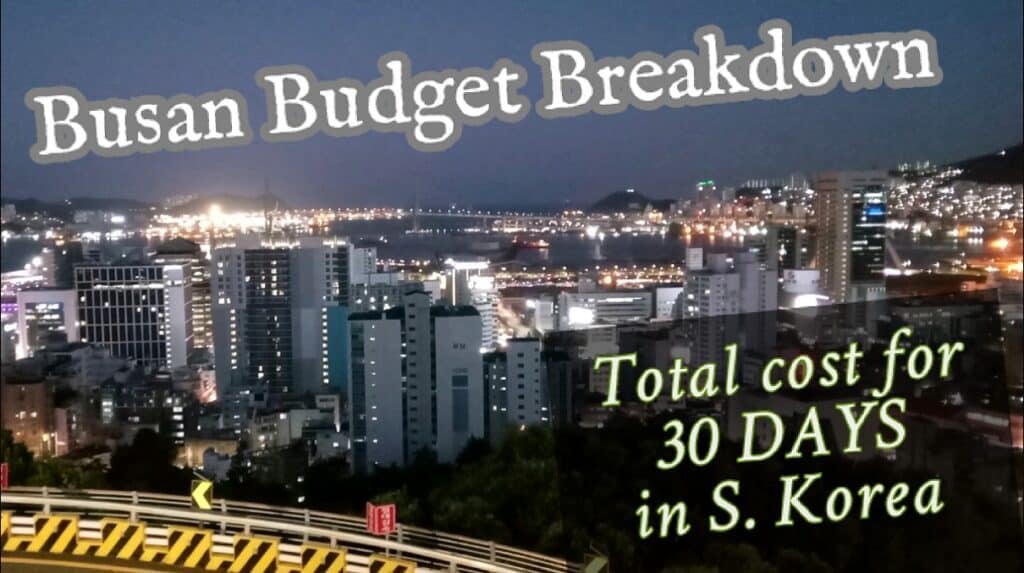
Back on budget in Busan
Theo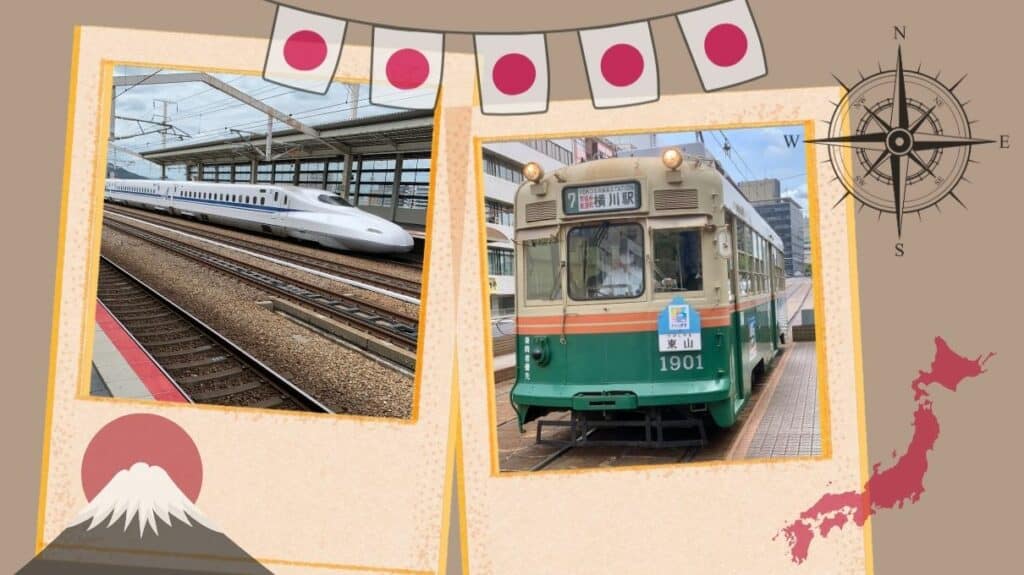
Budget breakdown: Travel in Japan
Ellen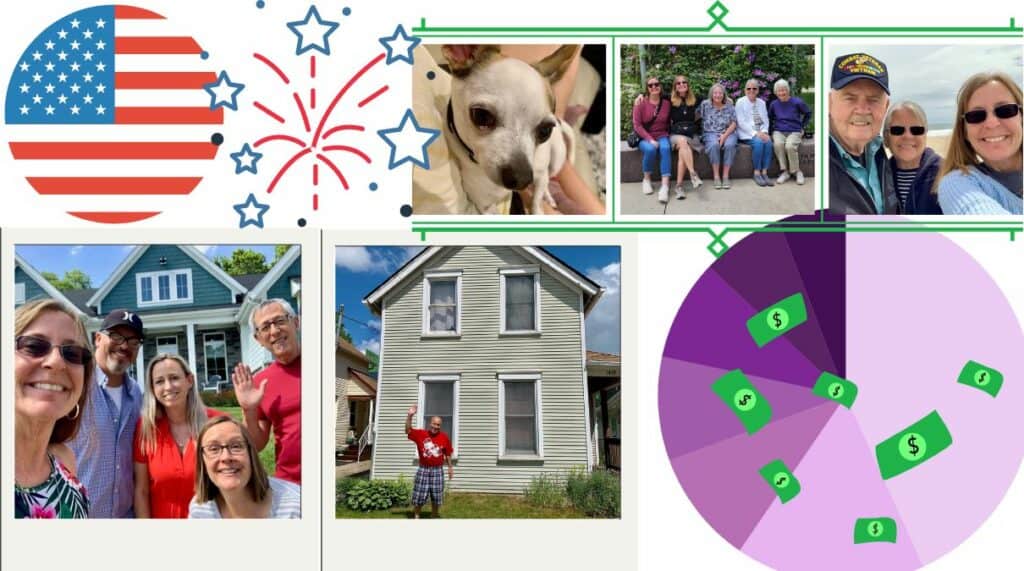
Budget breakdown for a trip to the USA
Ellen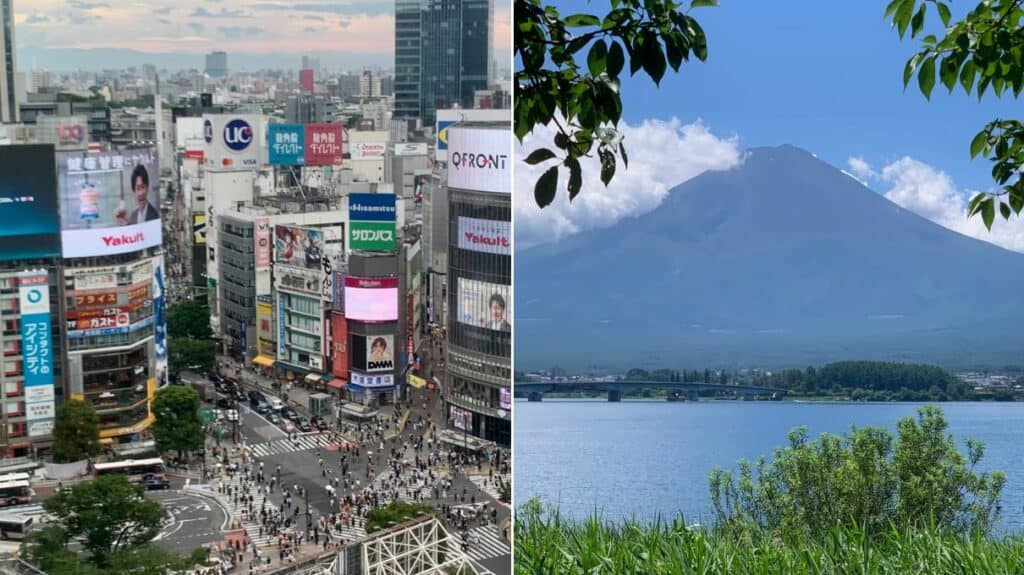
What our entertainment cost in Tokyo & Mount Fuji
Ellen